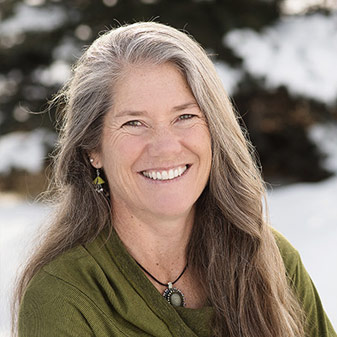Environmental Concern
Is our food supply at risk due to rising honeybee mortality rates? Honeybees are pollinators that assist in the production of an estimated one-third of the food that we eat in the U.S. In the winter of 2006/2007 bee colonies across the nation began to collapse from a phenomenon called Colony Collapse Disorder (CCD). CCD caused winter honeybee mortality rates of 30 to 40 percent; that is about twice the normal rate of annual loss. While the causes of CCD remain unclear, there is concern about future honeybee populations.
Market Solution
CCD is a real problem but well-functioning markets have prevented it from impacting food supply. Privately owned honeybees are used to pollinate most commercial crops. Crop owners pay beekeepers to temporarily relocate hives to enhance pollination, and thus crop production. If honeybee production declined as a result of CCD, the price of pollination services would be expected to rise. Beekeepers, however, prepare for potential CCD losses by raising more bees. In fact, there has been little economic impact from CCD losses. The numbers of honeybees and hives have remained fairly constant since CCD hit. Furthermore, honey production has not declined and the price of pollination services has remained stable for most crops.
Pollination is an active market where beekeepers and crop growers negotiate and both parties gain from trade. Every February about 70 percent of the privately-owned beehives in the U.S. are trucked to California to pollinate almonds. After almond pollination, the bees are transported to other regions to pollinate cherries, cranberries, melons, squash, and other crops. Beekeeping is not an easy business but the potential profits from pollination services motivate beekeepers to maintain supply.





